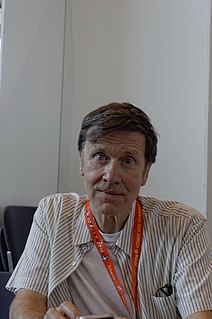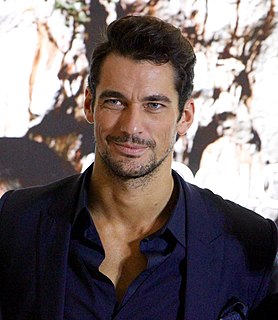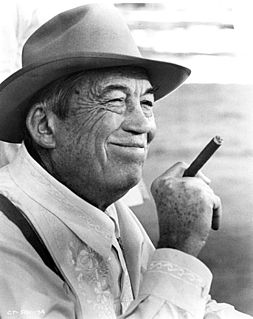A Quote by Chris Claremont
The key thing if you're a writer is to visualize the scene and convey it to the penciller and turn the penciller loose.
Related Quotes
I don't think that any scene [in Pineapple Express] is word for word how you'd find it in the script. Some of it was much more loose than others. The last scene with me, Danny [McBride] and James [Franko] in the diner - there was never even a script for that scene. Usually we write something, but for that scene we literally wrote nothing.
Inexperienced personal development teachers always tell you to visualize, but often in a tragically limited way. They tell you to visualize nothing but victory. But high-achievers know that it's even more important to visualize themselves at the point where they want to quit, and then see themselves working through the struggle.
When I write, I never think of segments as chapters; I think of them as scenes. I always visualize them in my mind. Then I try to get the scene down on paper as closely as I can. That's the one thing that readers don't see - what you have in your mind. The reader can only see what you get on the page.







































